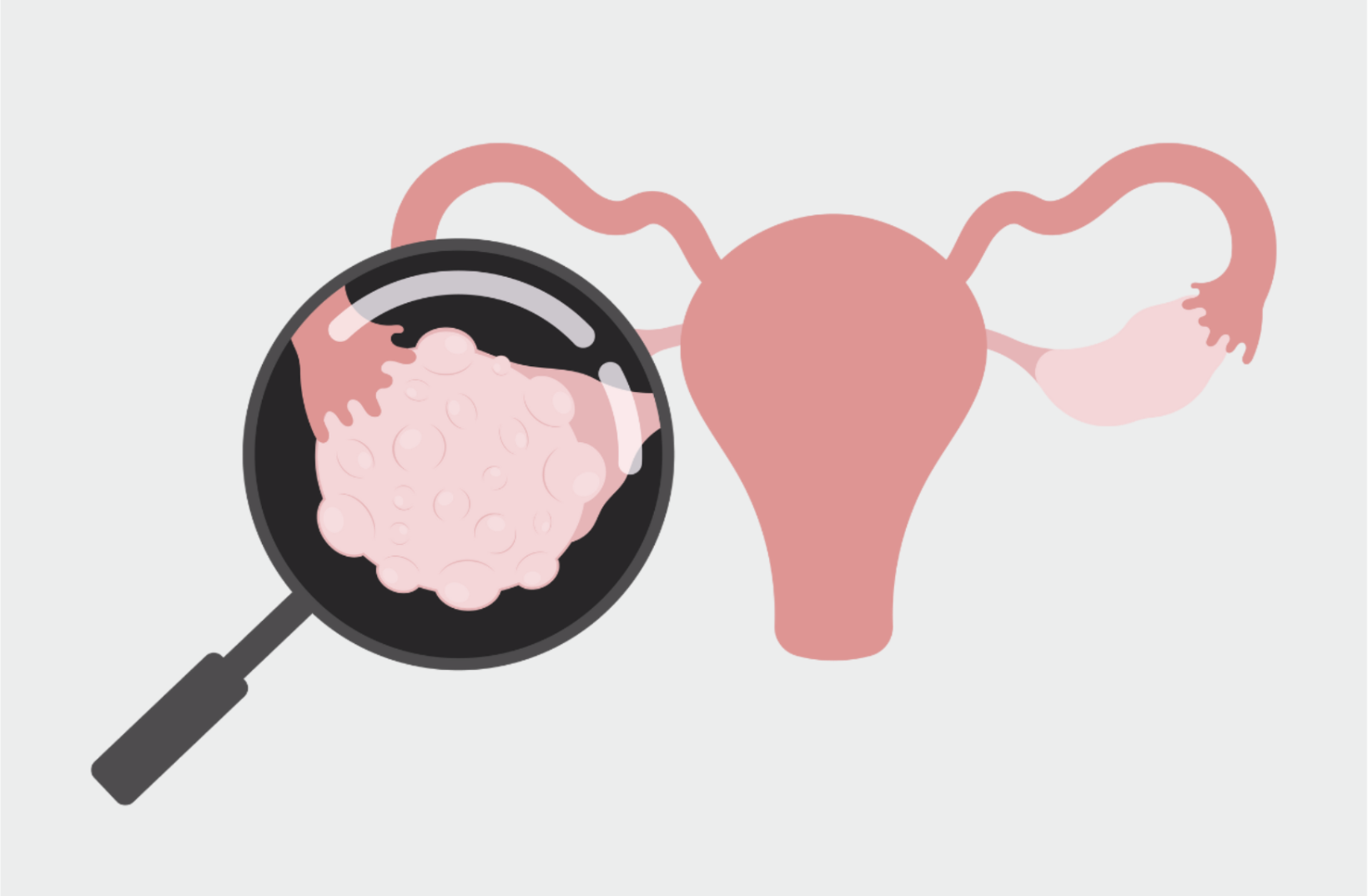.png)
.png)
Egg freezing has become an increasingly popular option for those who wish to delay pregnancy or preserve their fertility for future use. We get a lot of questions and concerns about who can and cannot freeze their eggs, including if someone who has not not had sexual intercourse can freeze their eggs. In this article, we will hopefully answer all your questions and provide you with the information you need to make an informed decision about egg freezing.
What does egg freezing entail?
First, it's important to understand what egg freezing entails. Egg freezing, also known as oocyte cryopreservation, is a process in which your eggs are retrieved from the ovaries and frozen for later use. This process is typically done for those who want to delay pregnancy due to personal reasons, those who may be undergoing chemotherapy or radiation therapy that can affect their fertility, or those who have a medical condition that can negatively impact their fertility.
With that in mind, the short answer to the question of whether someone who considers themselves a virgin can freeze their eggs is a resounding “yes.” Your virginity status does not affect your ability to undergo the egg freezing process. In fact, some people choose to freeze their eggs before they have become sexually active or have found a partner, in order to preserve their options for the future.
The egg freezing process typically involves a series of hormone injections that stimulate the ovaries to produce multiple eggs. These eggs are then retrieved during a minimally invasive procedure called an egg retrieval. The eggs are then frozen using a process called vitrification, which rapidly cools them to prevent damage and maintains their quality over time. When you’re ready to use the eggs, they are thawed and fertilized using either sperm from a partner or a donor.
Egg freezing is considered a safe procedure. In a single egg freezing cycle, the risk of a serious adverse event is under 2.5%. Severe OHSS accounts for the majority of complications, occuring in 0.1-2% of cycles. The risk of other acute complications, including pelvic infection, intraperitoneal hemorrhage, or ovarian torsion, is small (<0.5%).
That being said, many patients do experience minor side effects – like bloating, constipation, nausea – from the medications and egg retrieval.
Is the egg freezing process different for virgins?
Virginity is a social and cultural construct that has different meanings for different people. Traditionally, virginity has been defined as the state of never having had sexual intercourse. However, this definition can be problematic because it assumes that sexual intercourse is the only way to lose one's virginity. In reality, virginity is a personal and subjective experience that can be defined in a variety of ways.
The egg freezing process does not change based on your sexual experience. In fact it is not even necessary for a doctor to know whether or not you are a virgin to perform an egg freezing procedure.
Here’s what to expect: during the egg retrieval process, a doctor uses a transvaginal ultrasound to locate and remove the eggs from the ovaries. This procedure does not involve checking for or interfering with the hymen, which is often used as a traditional marker of virginity.
There is no medical reason for a doctor to ask or determine whether or not you are a virgin before proceeding with egg freezing.
The egg freezing process does not change based on your sexual experience. In fact it is not even necessary for a doctor to know whether or not you are a virgin to perform egg freezing.
Will egg freezing take away my virginity?
No, egg freezing does not involve any kind of sexual contact and therefore cannot take away your virginity. The egg retrieval process is a minimally invasive procedure that is done under sedation, and it does not involve penetration of any kind.
Is egg freezing more painful for virgins?
The level of discomfort experienced during the egg retrieval process can vary from person to person, but there is no evidence to suggest that the process is more or less painful based on your sexual history. The procedure is done under sedation, and any discomfort or pain is typically managed with pain medication.
The bottom line
Being a virgin does not prevent you from being able to freeze your eggs for future use. The egg freezing process is the same for all patients, and it does not involve any kind of sexual contact. If you are considering egg freezing, reach out to see if we can help.
Freeze your eggs with Cofertility
We’d love the opportunity to support you on your egg freezing journey.
Through our Split program, qualified freezers can freeze their eggs for free when donating half of the eggs retrieved to a family who can’t otherwise conceive.
Through our Keep program — where you keep 100% of eggs retrieved for your own future use — we offer exclusive discounts on expenses, such as frozen egg storage. Keep members also still gain free access to our Freeze by Co Community, a safe space for those engaging in the egg freezing process (or gearing up for it) to connect and lean on each other.
By making egg freezing easier and more accessible, our programs further strengthen the American Society of Reproductive Medicine (ASRM)’s Committee Opinion that egg freezing can help promote social justice and strengthen gender equality.










